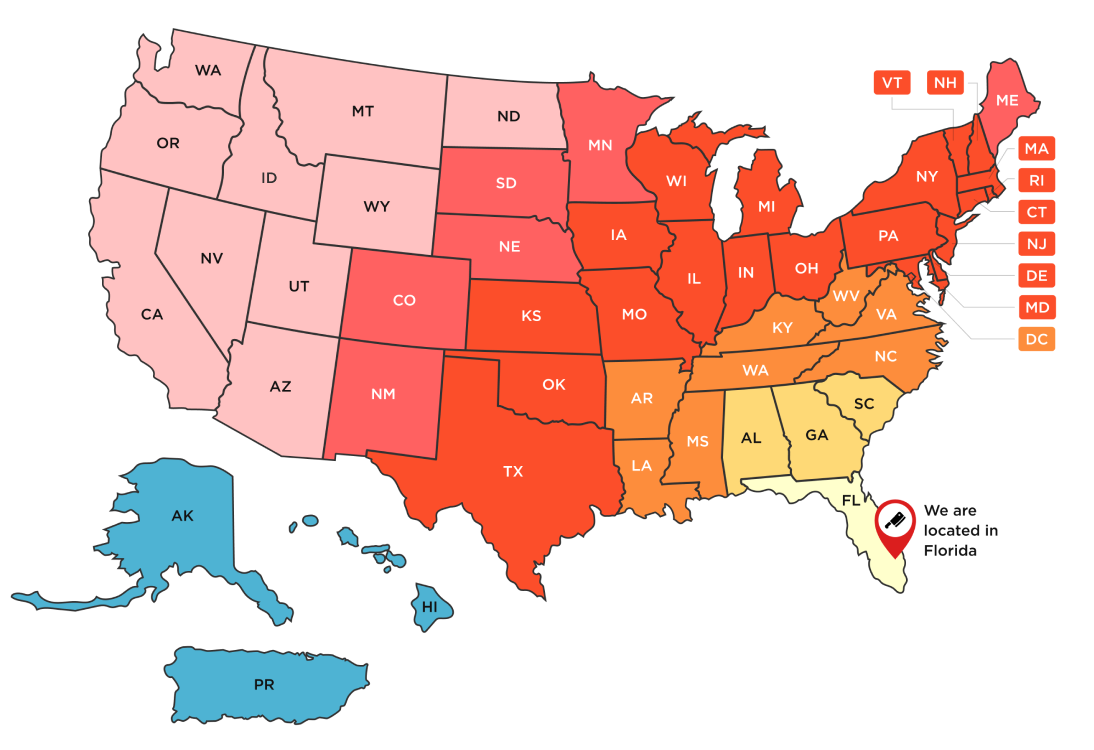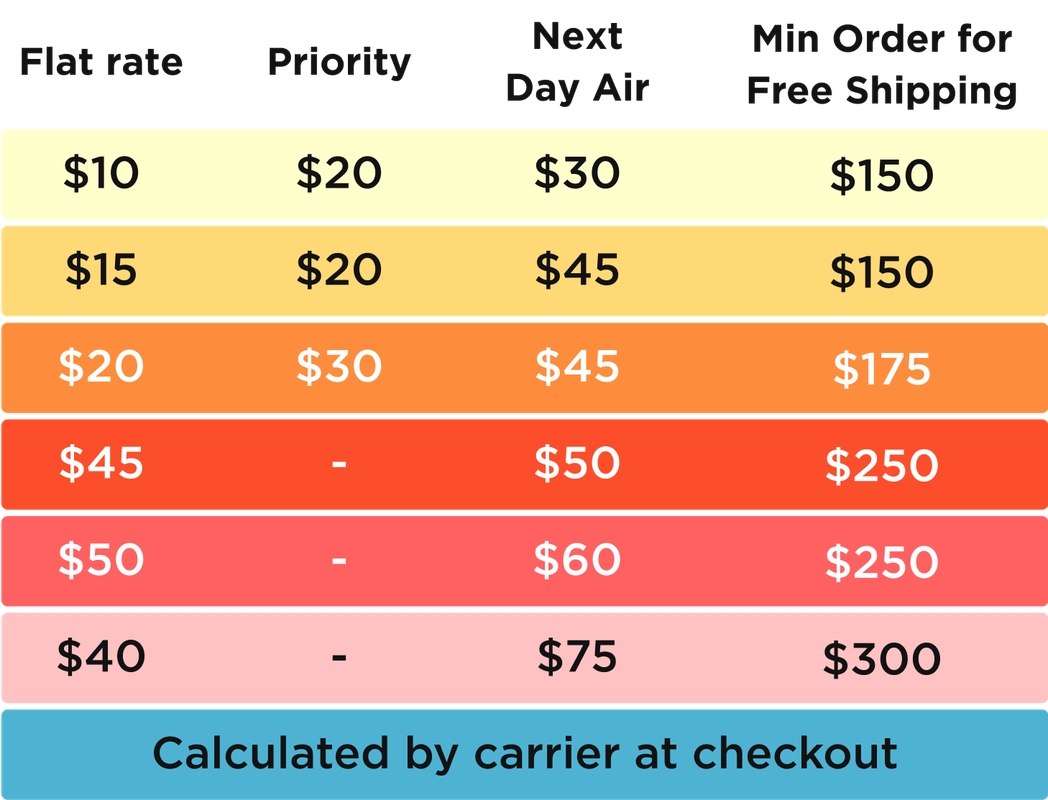
Is Organic Meat Better Or Is It More Important Where Beef Is Sourced From?
When you read the word "organic beef," you tend to think of happy cows living in open environments on green farms which graze freely until they die of happiness. At least, that's what I had initially thought. People buy organic because they expect higher standards. Unfortunately, organically raised animals can still live miserable lives. If you are concerned about animal welfare (as you should be), buy from farms that focus on quality and raise their animals with love; not farms focused on a label that allows them to sell their product at a premium.
Organic Labels Can Be Confusing
The meat world is confusing. Everywhere you look, the industry has made things difficult for the consumer. Things that could be simple, such as beef labeling, are very complex and competition has driven brands to make crazy and meaningless claims to attempt to differentiate from one another. Probably the most confusing and craziest of all trends is "organic" (and it is the craziest because the science behind it is murky at best).
At Meat N' Bone we are all about quality. We work with extremely premium meats which come from small farmers who adhere to not using added hormones, feed their animals extremely high quality feed and are humane (animals have space to graze and live in open environments). We believe that humane practices, stress free environments make better food. Same applies to antibiotics, any use of antibiotics to enhance growth is not good.

Many of the practices required to be certified organic are simply unsustainable and add an additional premium for the product which we do not believe to be worth it if you are sourcing your beef properly. That said, in order for the USDA to certify a product as 'organic', the requirements are very meticulous and in many ways unnecessary. Getting organic certification is expensive and for farmers operating small farms, the certification may not be worthwhile.
What Makes Beef Organic (And Why It's Not Always Better)
1. Animals must be fed organic feed
The feed cannot contain animal by-products, antibiotics or genetically engineered grains. It also cannot be grown using persistent pesticides or chemical fertilizers. On paper, this sounds great but in reality, this is expensive and the science has not proven there is any benefit to organic feed. The land produces much lower yields of food and requires massive consumption of water. It works in some communities, but not everywhere. Focus on farms that feed their cattle a high quality diet. Whether it is "organic feed" or not is secondary.
2. No use of antibiotics
There are TWO reasons you use antibiotics. The first is to treat a sick animal and the second is to speed up growth. We work with farms who abstain from using antibiotics, but we believe treating a sick cow is HUMANE. Cows who get the flu, may take antibiotics. They will be monitored and farmers will make sure that antibiotics are fully flushed from their system before slaughter. Beef is tested to make sure there is absolutely no remaining trace of the medicine. Our farmers love their cows, and you do not let a cow die just because you want to label it "antibiotic free". Organic, does not mean cruelty-free.
3. No added hormones
The concern with conventional beef is the risk that cows may be given growth hormones (BGH, rBGH, rBST) to increase milk production in dairy cows or speed up and increase the size of cows that will go to slaughter for beef. This is a fair concern, but most high quality cattle are not given growth hormones. We sell Certified Angus Beef and above, which means the hot carcass weight cannot exceed more than 1,050 pounds. Moreover, added-hormones are unnecessary and expensive.
4. Cattle must be able to graze in an organic pasture for at least 120 days during grazing season
Organic beef does not mean not grass fed. The USDA actually does not regulate the grass fed industry so "grass fed" means whatever the producer wants it to mean. Your "organic cow" probably spent 8 months out of the year trapped in a feedlot eating "organic" hay and alfalfa and your "grass fed" beef could have been fed Doritos and sold to you as "grass fed." This is why you should focus on sourcing and NOT on labels.
There is no science behind "organic" beef. If you believe organic beef has more healthful nutrients than conventional food, you are just wasting money. By now, this is a well known fact. Eat high quality food and a balanced diet. Don't buy quantity, buy quality and support the small farmer who LOVES what they do. Yes, it will be a couple bucks more expensive than buying mass produced product, but it will be of MUCH better quality.
← Older Post Newer Post →








